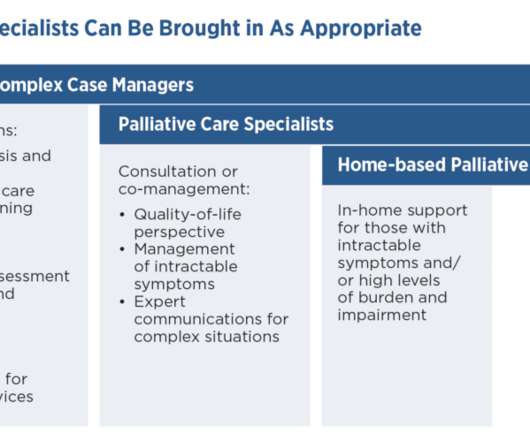WelbeHealth’s Michael Le On The Future Of Innovative At-Home Care Models
Home Health Care
JUNE 20, 2023
This article is a part of your HHCN+ Membership In the broader at-home care space, Dr. Michael Le is considered an innovator. As the co-founder and former chief medical officer of Landmark Health, he was integral in helping build a company that would eventually catch the eye of UnitedHealth Group’s (NYSE: UNH) Optum.












Let's personalize your content